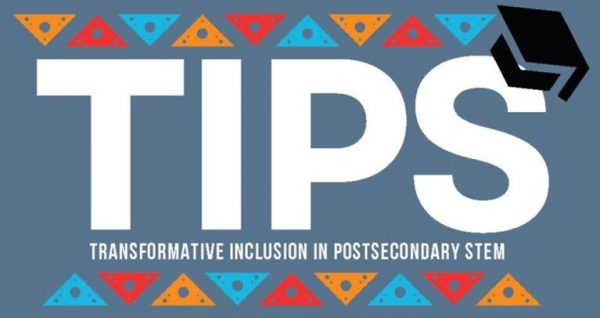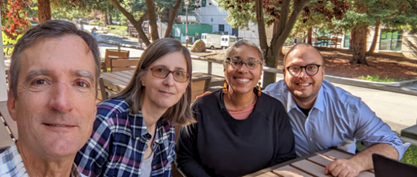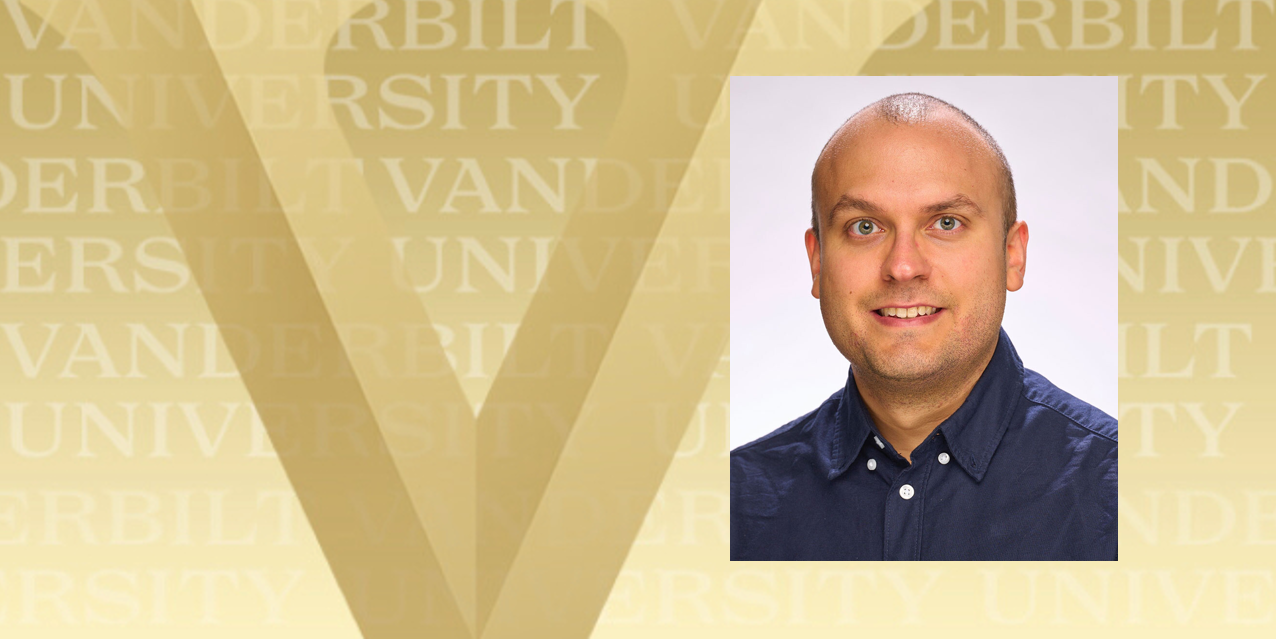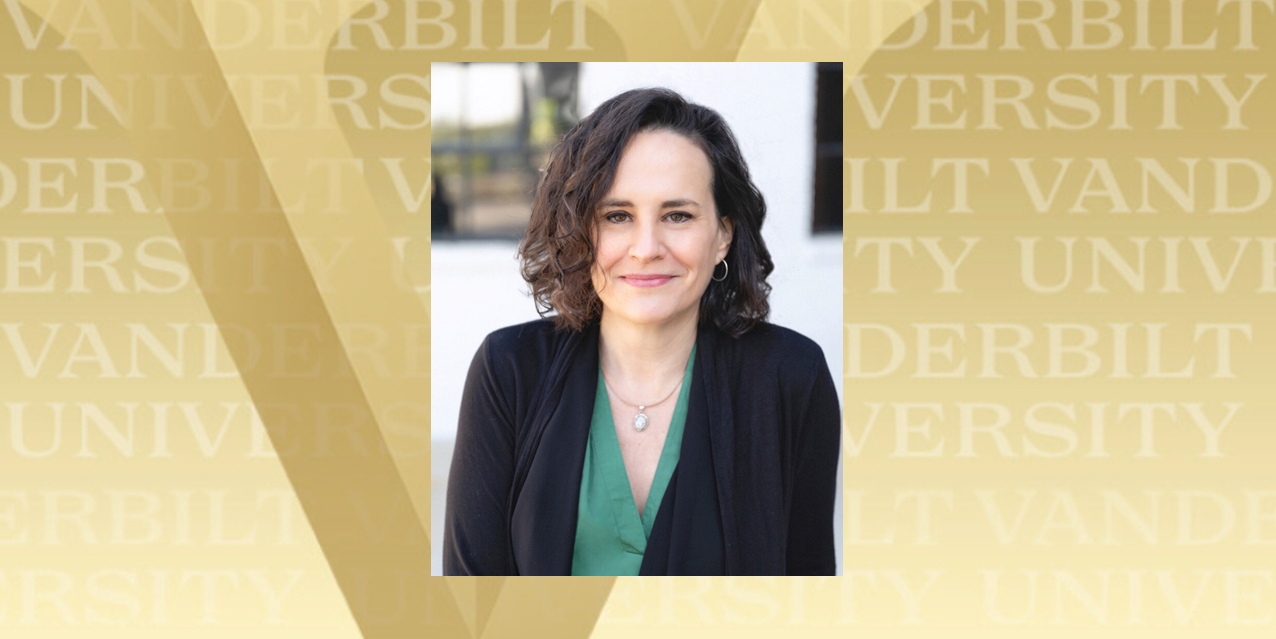In a study supported by a five-year, $2.4 million grant from the National Science Foundation, Luis Leyva, associate professor of mathematics education and STEM higher education at Vanderbilt Peabody College of education and human development, has made critical progress in research on racial equity for undergraduate Latin* students as mathematics learners and aspiring STEM majors. (Note: The term Latin* responds to (mis)use of Latinx as a gender-neutral term originally intended for explicit inclusion among gender nonconforming peoples of Latin American origin and descent. The asterisk in Latin∗ considers fluidity in gender identities across the Latin American diaspora.)
Leyva directs the Power, Resistance & Identity in STEM Education (PRISM) Research Lab at Vanderbilt, which houses various research projects that build theory and inform practice about equitable educational opportunities in undergraduate STEM with specific attention to issues of intersectionality. Several projects focus on exploring racial and intersectional justice for undergraduate Latin* students as learners in mathematics classrooms and as aspiring STEM majors.
The most recent project is Transformative Inclusion in Postsecondary STEM (TIPS): Towards Justice. Now in its third year, TIPS examines educational practices across STEM departments at colleges and universities with a federal designation as Hispanic-Serving Institutions (HSIs). The project is a collaboration between Vanderbilt and Sonoma State University, an institution that recently received the HSI designation. Leyva serves as a co-principal investigator and directs educational research activities in TIPS.

Leyva and his team are engaged in a research-practice partnership with faculty in the Department of Mathematics & Statistics at Sonoma State. The partnership’s goals are to characterize and develop practices that enhance racial equity to better serve undergraduate Latin* students. The TIPS research has focused on practices of classroom instruction and student support, specifically in courses that are gateways to mathematics and other STEM majors (e.g., calculus, introduction to proofs).
Latin* students in gateway mathematics courses at Sonoma State and the faculty who teach the courses are participants in the TIPS research study. Leyva and his team have collected various types of data about participants’ perspectives and experiences regarding what it means for Latin* students to be served as mathematics learners at HSIs. These data include interviews, classroom observations, and journaling. Using an intersectional lens, the team seeks to understand how race, gender, and other dimensions of social identity shape differences in how Latin* students experience supportive practices in mathematics.

Leyva has disseminated insights from preliminary analyses of TIPS research data at national conferences and invited lectures across the country. Notably, Leyva has published three conference proceeding papers. He also delivered presentations at the Charles A. Dana Center at The University of Texas at Austin and the James L. Curtis Institute for Race & Belonging at Albion College, where he was the Hispanic Heritage Month speaker for the college’s “Dimensions of Diversity” Lecture Series in 2023. Leyva was featured on an episode of the ¿Qué Pasa, HSIs? podcast, which highlights educational research, practices, and policies for the advancement of racial equity at HSIs. The TIPS research team has also shared project analyses during the Department of Mathematics & Statistics’ colloquium series at Sonoma State.
Findings from the TIPS project’s single-institution case study in gateway mathematics courses at Sonoma State will guide next steps in the research process. Leyva and his team plan to examine the role that practices of racial equity played in Latin* students’ persistence as STEM majors. The team will also examine variation in the development of these equitable practices across different STEM departments with unique disciplinary cultures as well as different types of HSIs (e.g., two-year colleges, research-intensive universities). These contributions aim to enhance HSIs’ institutional missions of providing culturally-responsive learning opportunities, particularly through the robust transformation of organizational and pedagogical practices for the advancement of racial equity and intersectional justice in STEM departments.

“I am excited about next steps in our collaborative work through the TIPS project and future research that promotes justice in undergraduate STEM across intersections of race, gender, sexuality, and other minoritized social differences,” Leyva said.


